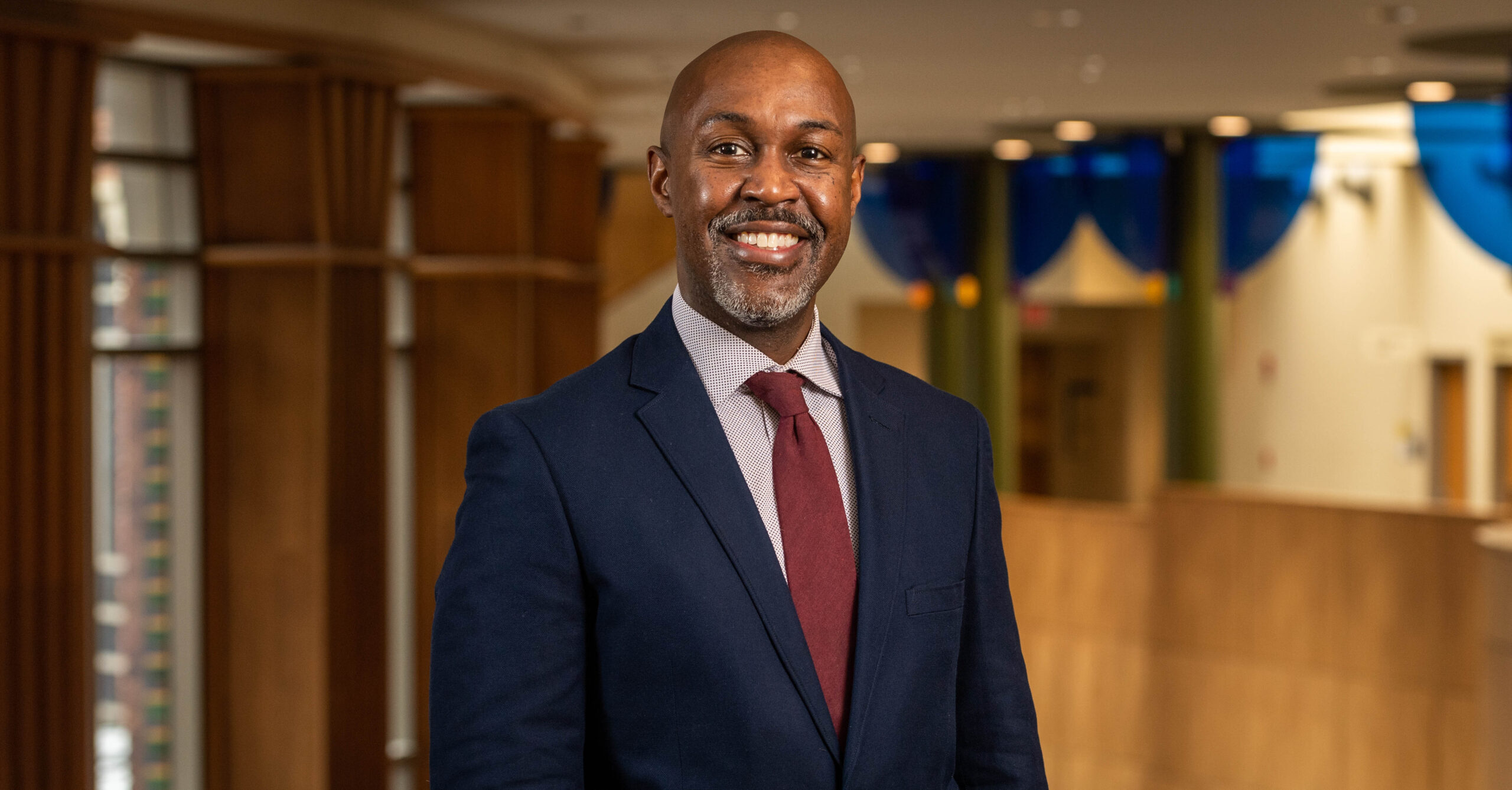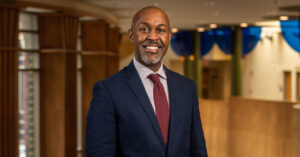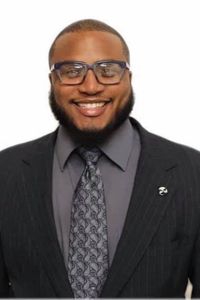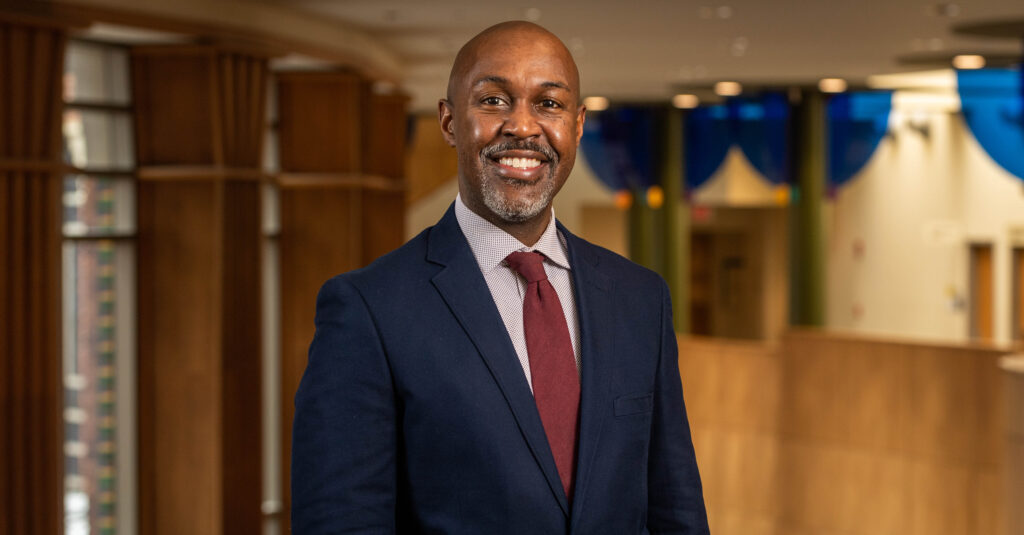Source: School of Public Health

Enrique Neblett, professor of health behavior and health education at the School of Public Health.

Enrique Neblett, professor of health behavior and health education at the School of Public Health.
The School of Public Health is working with Focus: HOPE, a Detroit-based civil rights and human services organization, to investigate factors that affect how Black youth participate in and benefit from workforce-development programs.
Enrique Neblett, professor of health behavior and health education, will lead the project, which is funded by a $650,000 Institutional Challenge Grant from the William T. Grant Foundation, Spencer Foundation and Doris Duke Charitable Foundation.
The challenge grants encourage university-based research institutes, schools and centers to grow existing research-practice partnerships with public agencies or nonprofit organizations in order to reduce inequality in youth outcomes.
While workforce development programs can be a viable option to address employment needs for youth during the transition to adulthood, current evidence suggests the benefit of these programs is stronger for white than Black participants.
The project aims to understand and address how Black youth’s stress burden and mental health affects participation in and the outcomes of workforce development programs through community-based participatory research.
“The partnership between (the School of) Public Health and Focus: HOPE will have a positive ripple effect on the economic and mental health fortitude of Detroit youth and create institutional change that increases the respect for and value of research practice partnerships,” Neblett said.
Grantees take steps to enhance an institutional infrastructure for supporting and rewarding community-engaged research and strengthen the capacity of partner agencies to use research in their practice. To support the institutional change portion of the grant, the university and its partners will:
- Provide seed money for the Detroit Community-Academic Urban Research Center to support early-career faculty engaging in youth-focused partnership work.
- Offer services including consultation and professional development workshops on building research practice partnerships and youth-focused community-based participatory research for faculty interested in strengthening their public engagement research skills.
- Collaborate with U-M’s Faculty Senate Advisory Committee on University Affairs to convene a workgroup dedicated to addressing institutional barriers and developing institutional strategies to sustain community-engaged research.
- Convene a conference at the university to feature the work of research practice partnerships.
 On the practice side, the grant will advance Focus: HOPE’s access to, interpretation of, and use of research through infrastructure support and research and capacity building training for staff. Neblett says Focus: HOPE will strengthen the School of Public Health’s capacity to partner effectively and equitably with nonprofit organizations.
On the practice side, the grant will advance Focus: HOPE’s access to, interpretation of, and use of research through infrastructure support and research and capacity building training for staff. Neblett says Focus: HOPE will strengthen the School of Public Health’s capacity to partner effectively and equitably with nonprofit organizations.
“In addition to addressing youth inequality, our goal is to create change that replaces practices and policies that adversely impact research-practice partnerships with structural investments to support collaborative, equitable, and mutually beneficial community-engaged research,” he said.
“We’re excited about the sustained impact that our partnership will have on not only institutional change but also community change.”

Jasahn Larsosa
Jasahn M. Larsosa, founding director of advocacy, equity, and community empowerment for Focus: HOPE and co-principal investigator of the project, said researching the benefits of promoting mental wellness by reducing cognitive load and unnecessary hassles in workforce programs is critical to young people’s futures.
“In an era of changing work preferences, the pandemic forced organizations and employers to radically relax requirements and conditions. This research-practice partnership will give us the data needed for continuing these improvements,” Larsosa said.
In addition to Neblett, Barbara Israel and Chris Coombe, professor and associate research scientist, respectively, of health behavior and health education, will collaborate on the project, along with the Center of Academic Innovation, and the Detroit Community-Academic Urban Research Center.


